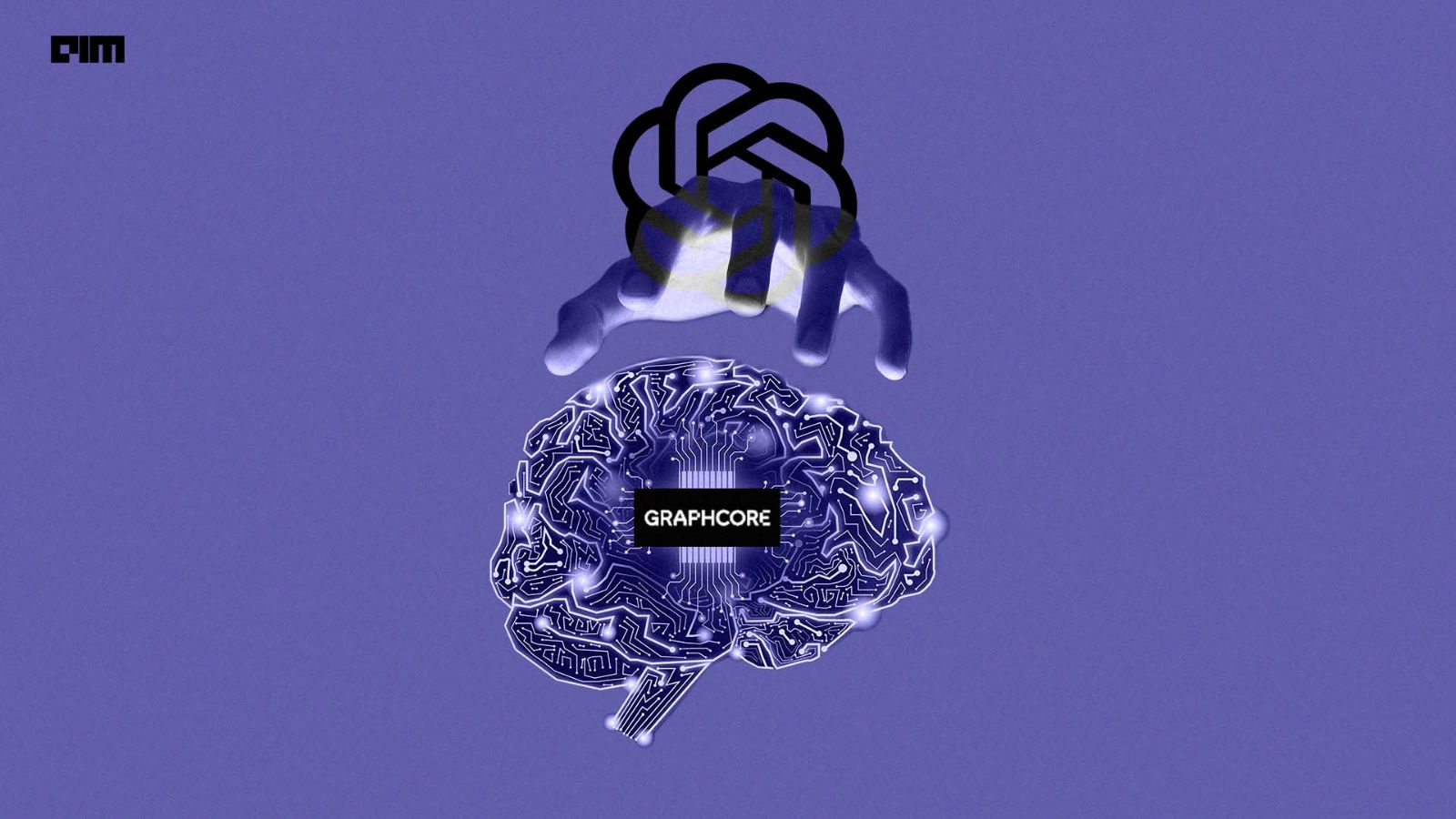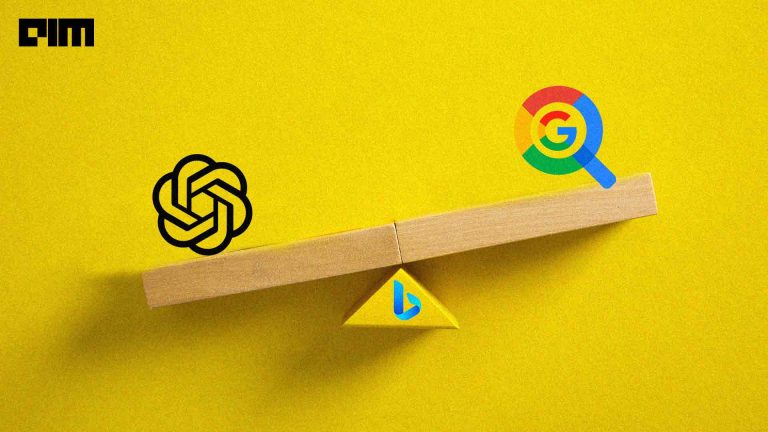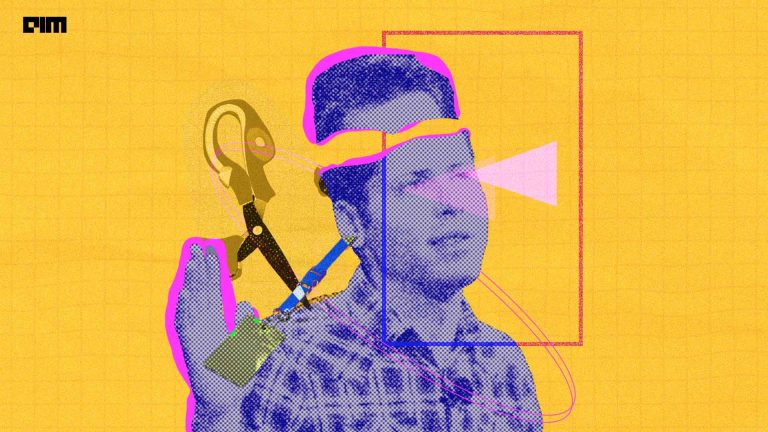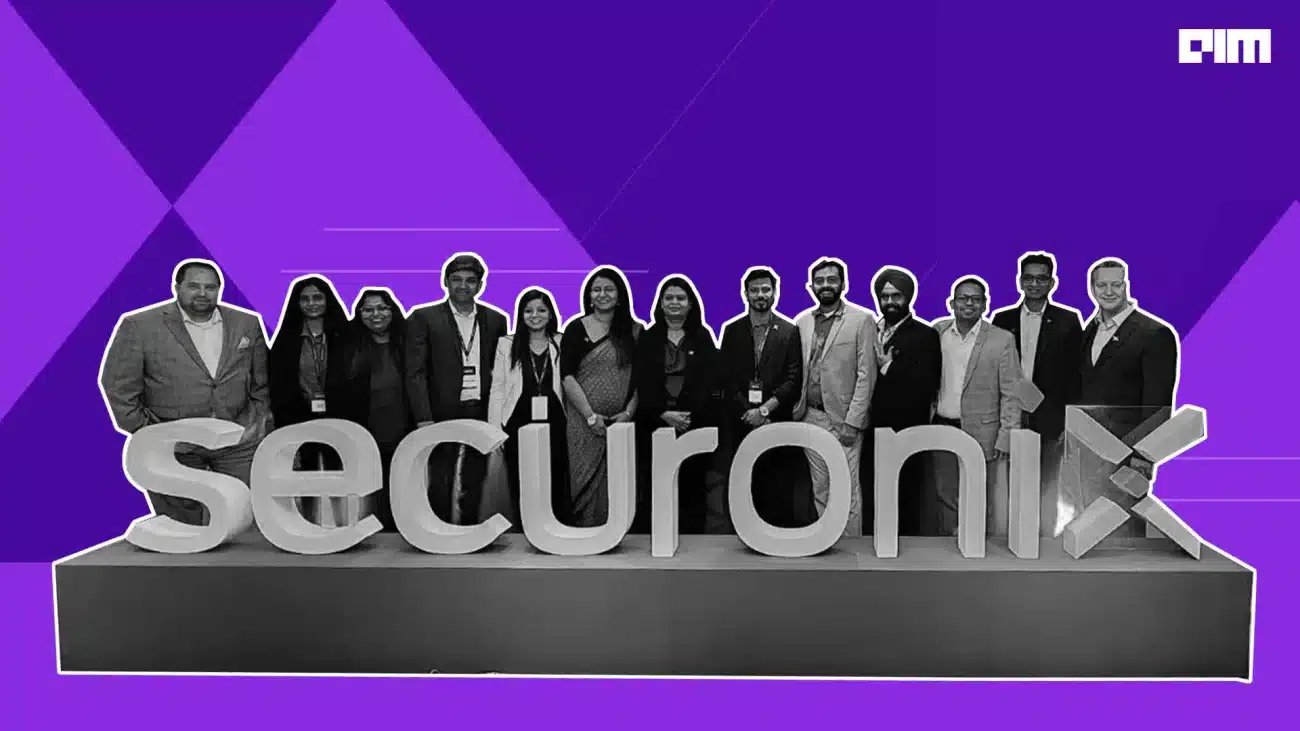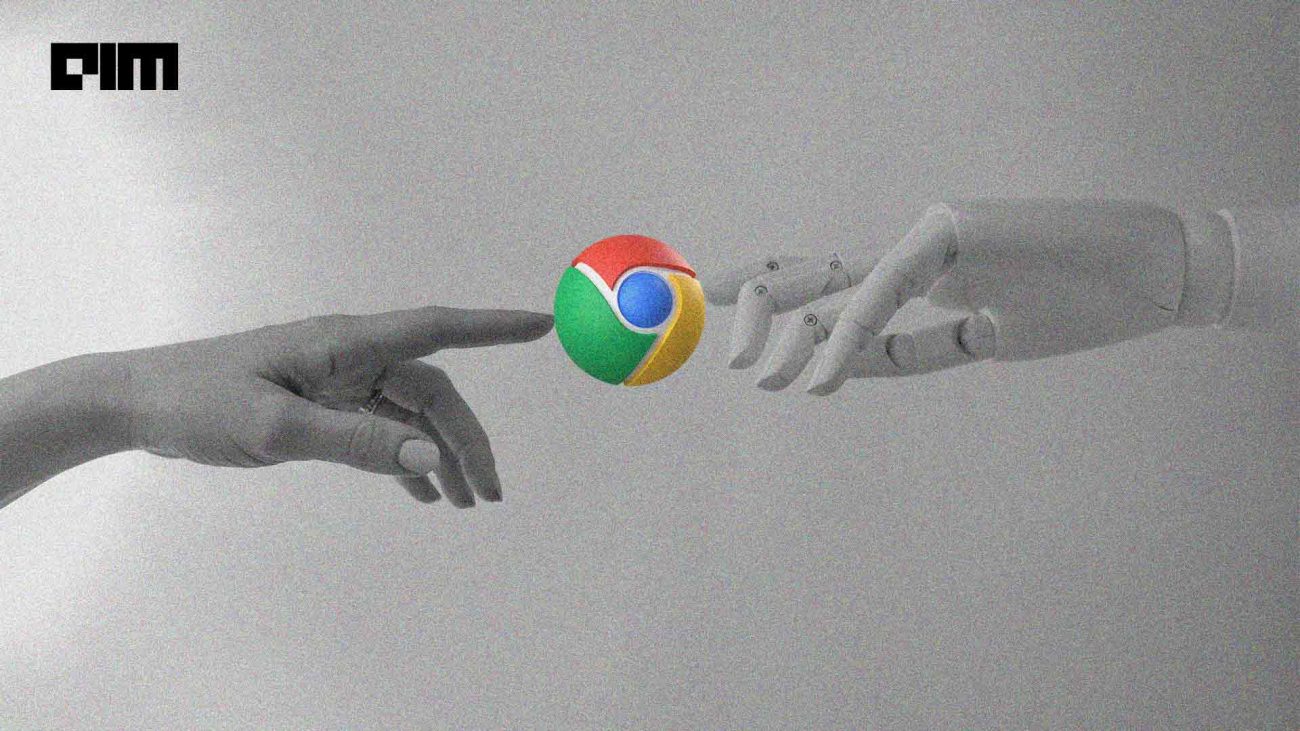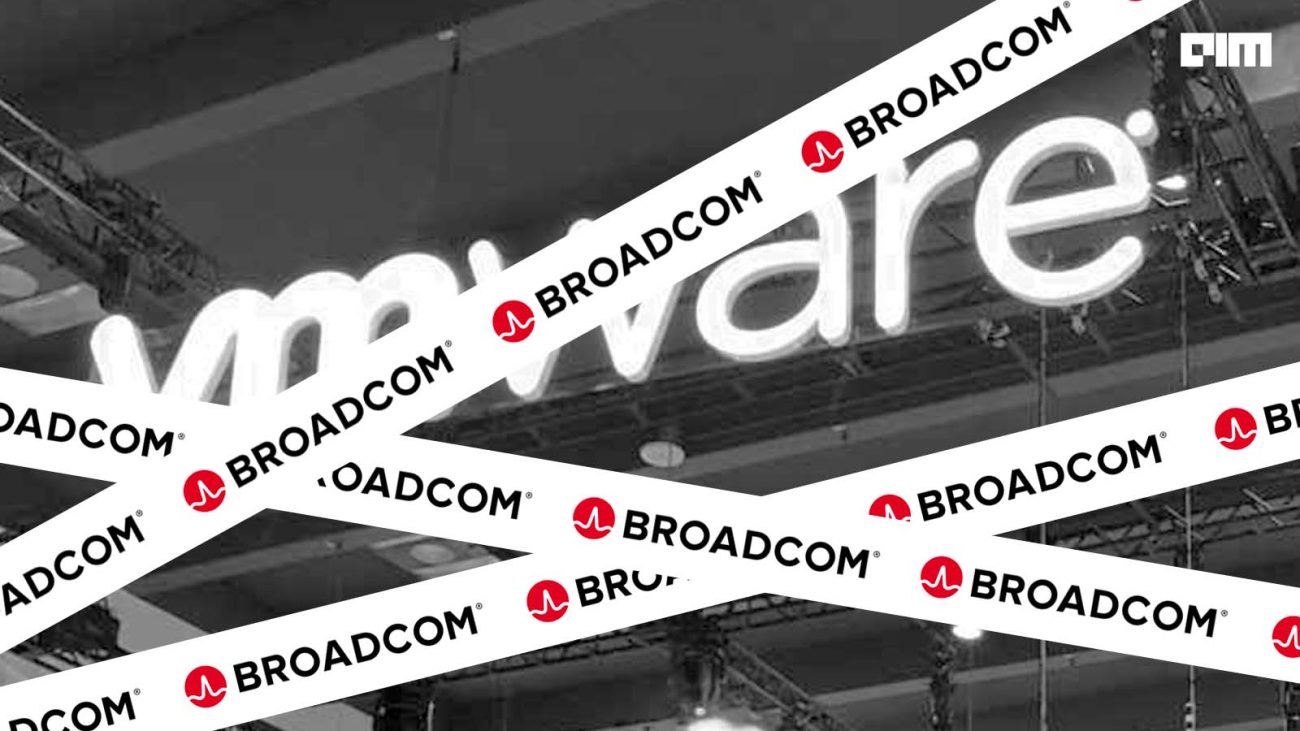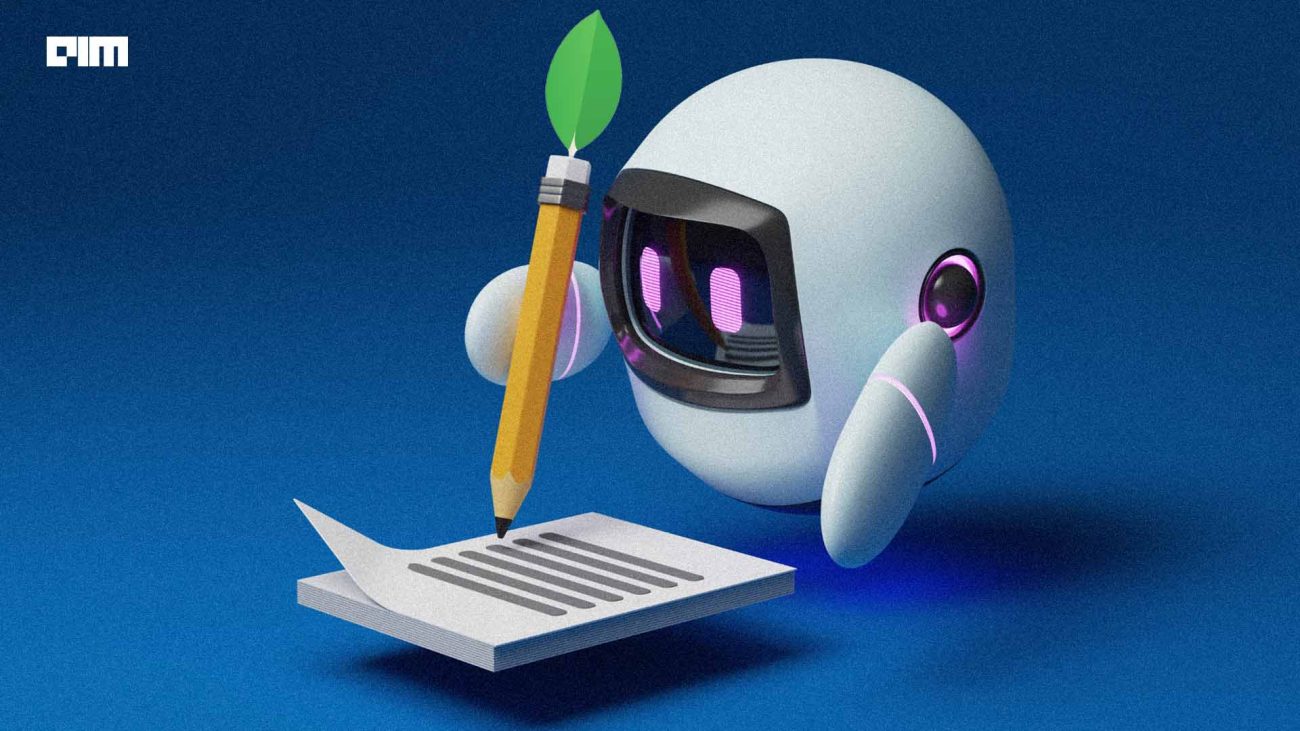|
Listen to this story
|
AI has been a very competitive space since the end of 2022, and OpenAI has been the leader through all of it. Having championed the software side of it, now the Sam Altman-led organisation is looking to foray into the hardware industry. There has been a buzz around a report from Reuters that says OpenAI is planning to develop its own AI chips.
AIM reached out to OpenAI, but the company did not respond. It is possibly busy with its first-ever DevDay conference happening on November 6, 2023.
Amidst the much-discussed chip shortage in the industry, this move by OpenAI comes after several companies, such as Microsoft, Google, Amazon, and Apple announced developing their own AI chips. But even with such high demand for AI hardware, most manufacturers, except for NVIDIA, are struggling to emerge.
Case in point: Graphcore. The startup, which inked a deal with Microsoft in 2019 for buying processors, is now desperately in need of funding. Graphcore turned into a unicorn in less than four years, but went on to report a revenue of $2.7 million in 2022 — a fall of 46% from 2021. Losses too have soared 11% to 204.6 million, which the company says is “due to lower hardware sales to key strategic customers”.
New customer on the way
One of the “key strategic customers” that Graphcore is speaking of is possibly Microsoft. Ever since Microsoft has backed OpenAI, the company has also been using NVIDIA chips for almost all of the workings, dropping the use of Graphcore chips in its cloud computing system, resulting in a decline of funds for the chipmaker.
Since its last funding round in 2020, Graphcore has been valued at $2.5 billion. Since then the company hasn’t raised any funds. The UK-based company also requested the government to include chipmakers in the recent Brunel AI project, which aims at building a new AI supercomputer with a $1.1 billion fund. But, the deal hasn’t come through yet. If the government actually accepts the deal, Graphcore can rise up to its status of being an NVIDIA-rival again.
On the other hand, there is OpenAI. According to a recent report by The Information, Altman has said that the company is generating revenue at a pace of $1.3 billion in a year. Now that the company is planning to make its own AI chips, it may be a great move for OpenAI to realise its dream of manufacturing its own AI chips, and actually saving Graphcore in the process.
Potential @OpenAI acquisition of/investment in @graphcoreai will completely shake up the AI chip space. But their own backer (@Microsoft ) dumped graphcores chips already so will prob feel more like a bailout at first.
— DANIΞL ➪ ।|। ❘|❘ (@daniel0x53) October 14, 2023
OpenAI currently has the financial strength, as exemplified by its revenue growth, to make strategic moves in the AI hardware space. It has already contemplated acquiring a chipmaking firm or building its own chips. By making an early investment in Graphcore, OpenAI can not only secure a reliable supply of AI chips but also pave the way for a potentially transformative partnership, and also open up the market for other players.
What about Microsoft?
As mentioned earlier, Microsoft, the major OpenAI-backer, is also developing its own AI chips. According to reports, Microsoft and OpenAI employees have been testing out these chips (codenamed Athena), in secrecy since April.
Furthermore, d-Matrix, an AI chip startup also raised $110 million with a backing from Microsoft. Though the company does not make direct competitors to NVIDIA’s chips, it is still a pocket friendly alternative for Microsoft for the inference portion of AI models.
Anyhow, these news reports suggest that the ChatGPT creator companies may be trying to avoid the costs of NVIDIA GPUs for building AI models.
But when it comes to OpenAI’s foray into the hardware market, it seems like the company’s departure from Microsoft, and indeed NVIDIA as well, in certain ways. OpenAI has plans to build its own “iPhone of AI”, and raising funds from SoftBank, according to several reports.
Though not a phone, a new product is definitely in the making. So, an acquisition of Graphcore might just be the right pick for the company to host its own in-house capabilities in the near future.
Meanwhile, almost all companies, namely AMD, Intel, and Cerebras, are trying to have what NVIDIA already has and are developing their own AI chips. There is no guarantee that OpenAI might actually go ahead with the deal since it is also assessing a lot of other targets.


